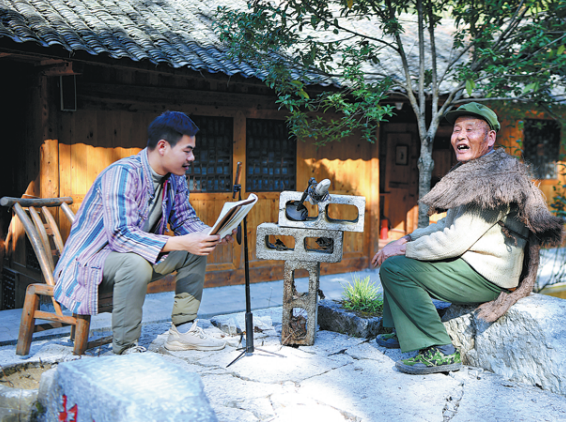Giant strides taken to conquer poverty


Benefits expanded
Resolve was quickly transformed into action, with central government departments strengthening safety nets for vulnerable groups in an attempt to offset lost working hours.
In early April, the Ministry of Human Resources and Social Security decided to expand benefits for those out of work, with recipients given a further six months to claim their entitlements.
The ministry also introduced special subsidies to compensate for rising prices.
For example, the authorities in Meizhou, Guangdong province, where food prices rose by more than 26 percent in February, launched the subsidies in May to help low-income families, orphans and the jobless.
Each person was entitled to claim about 750 yuan ($115), according to the local government.
In July, the Ministry of Civil Affairs and the Ministry of Finance decided to allocate financial aid to jobless rural workers and other unemployed groups not covered by insurance plans.
For an extended period of time, these groups were allowed to claim monthly payments equivalent to the local minimum wage.
The move was considered crucial because large numbers of migrant workers-usually from impoverished families-do not take out unemployment insurance.
With insurance costs shared among workers, employers and the authorities, by opting to remain out of insurance plans, workers can avoid further deductions from their wages.
According to the Ministry of Civil Affairs, financial aid awarded as a result of the virus reached 3.7 billion yuan by July, with tens of millions of vulnerable citizens benefiting.
The ministry said that in the first quarter of this year it helped more than 144,000 homeless people, some of them migrants stranded in big cities due to travel restrictions imposed during the outbreak.
The authorities also worked to protect employment by chartering trains and buses to help migrant workers from the countryside reach jobs in urban areas and introduced tax breaks and fee cuts for employers hiring poor people or refraining from firing workers.
























